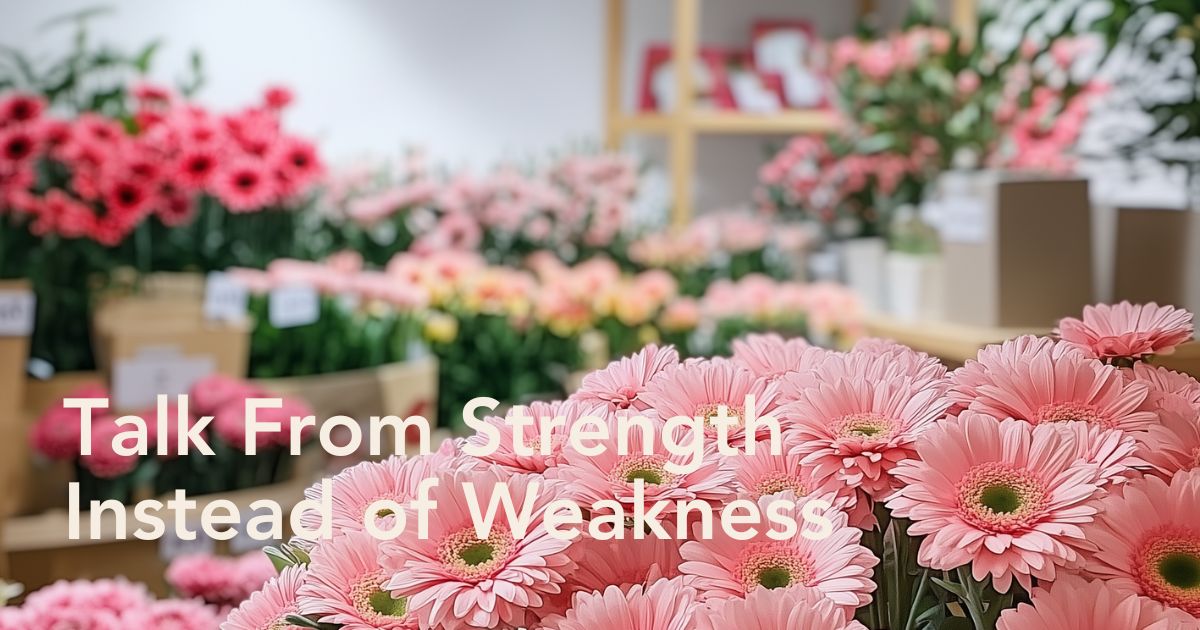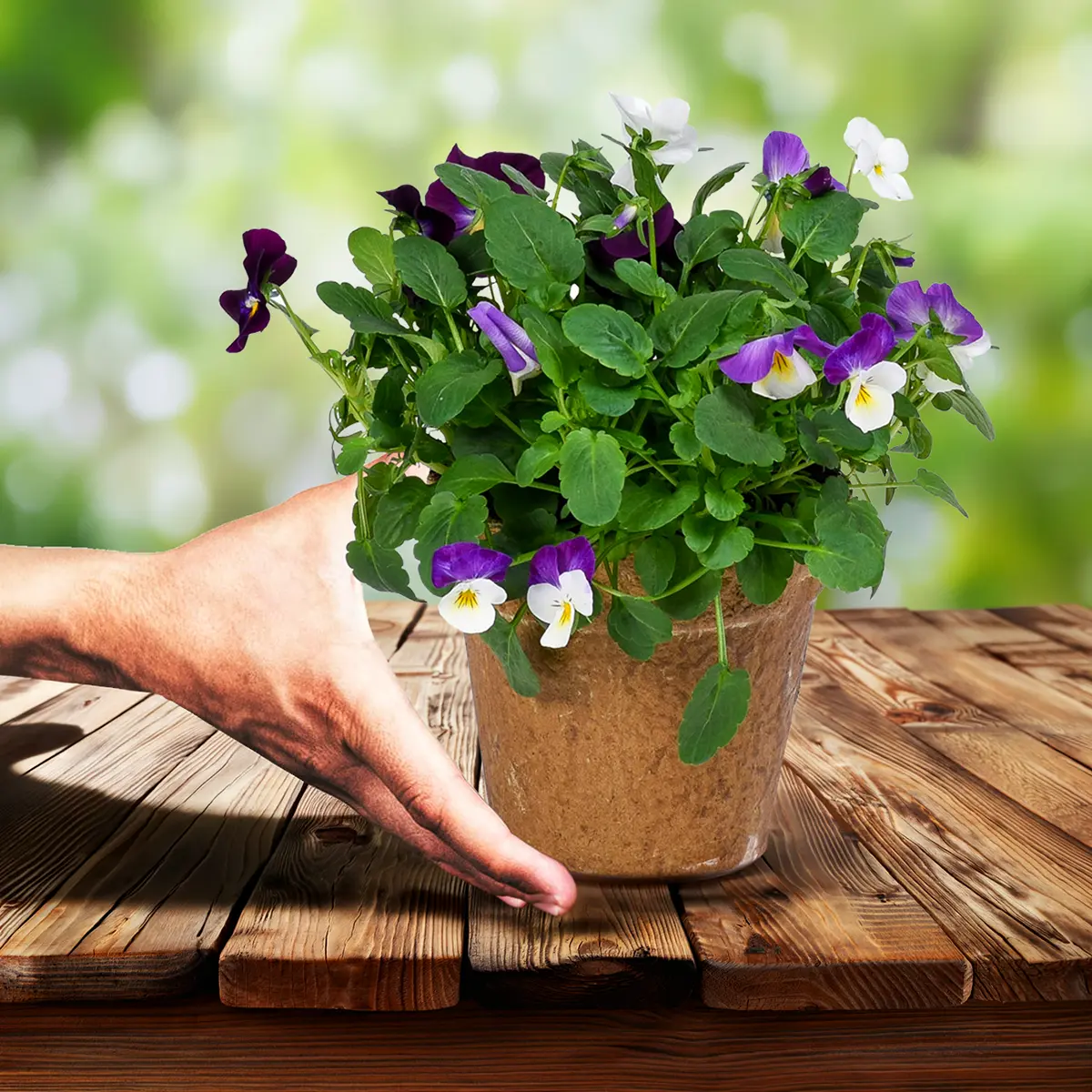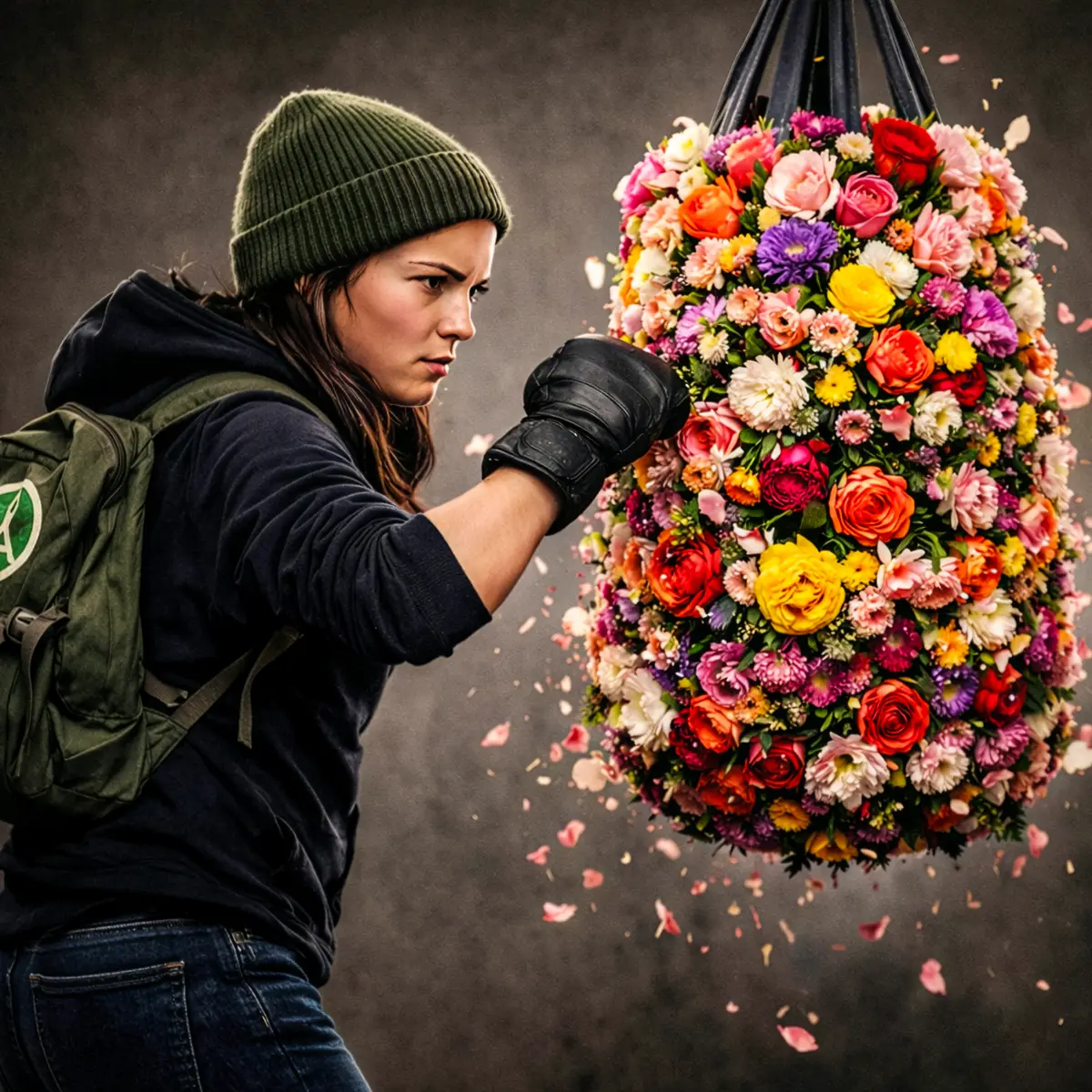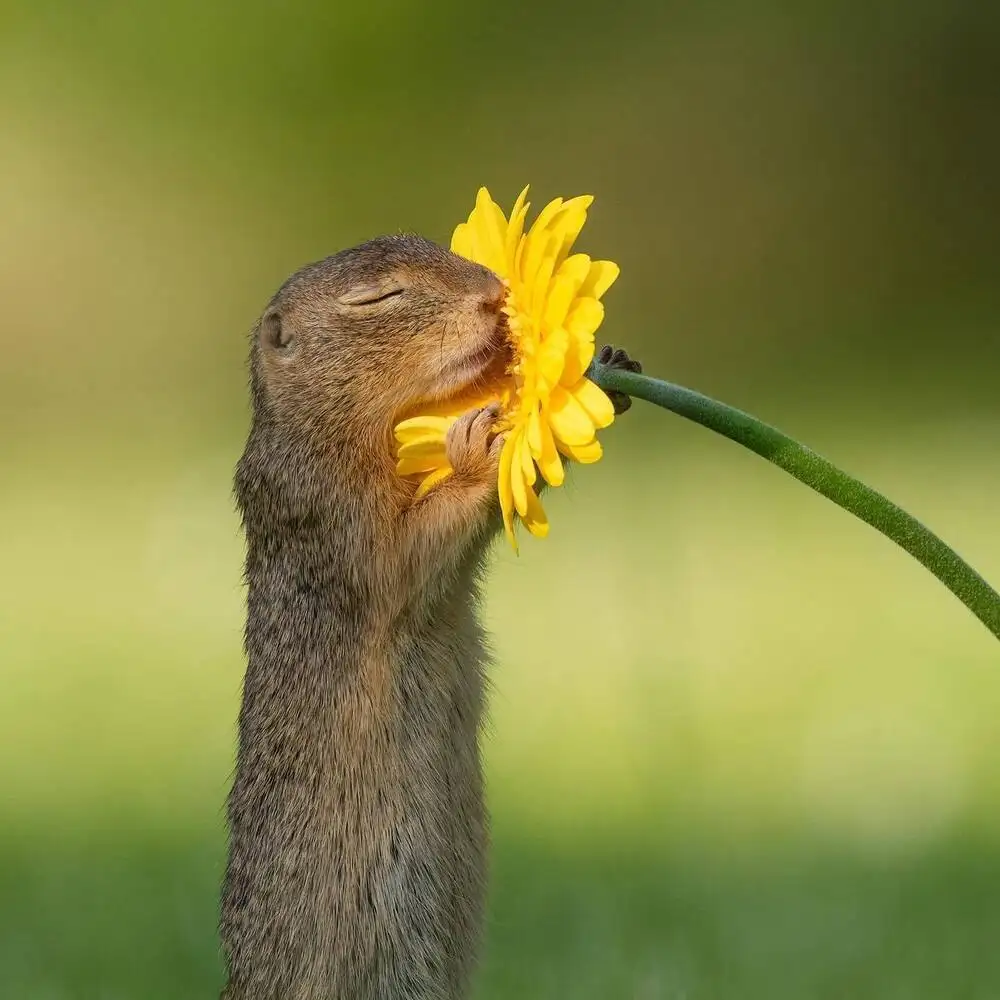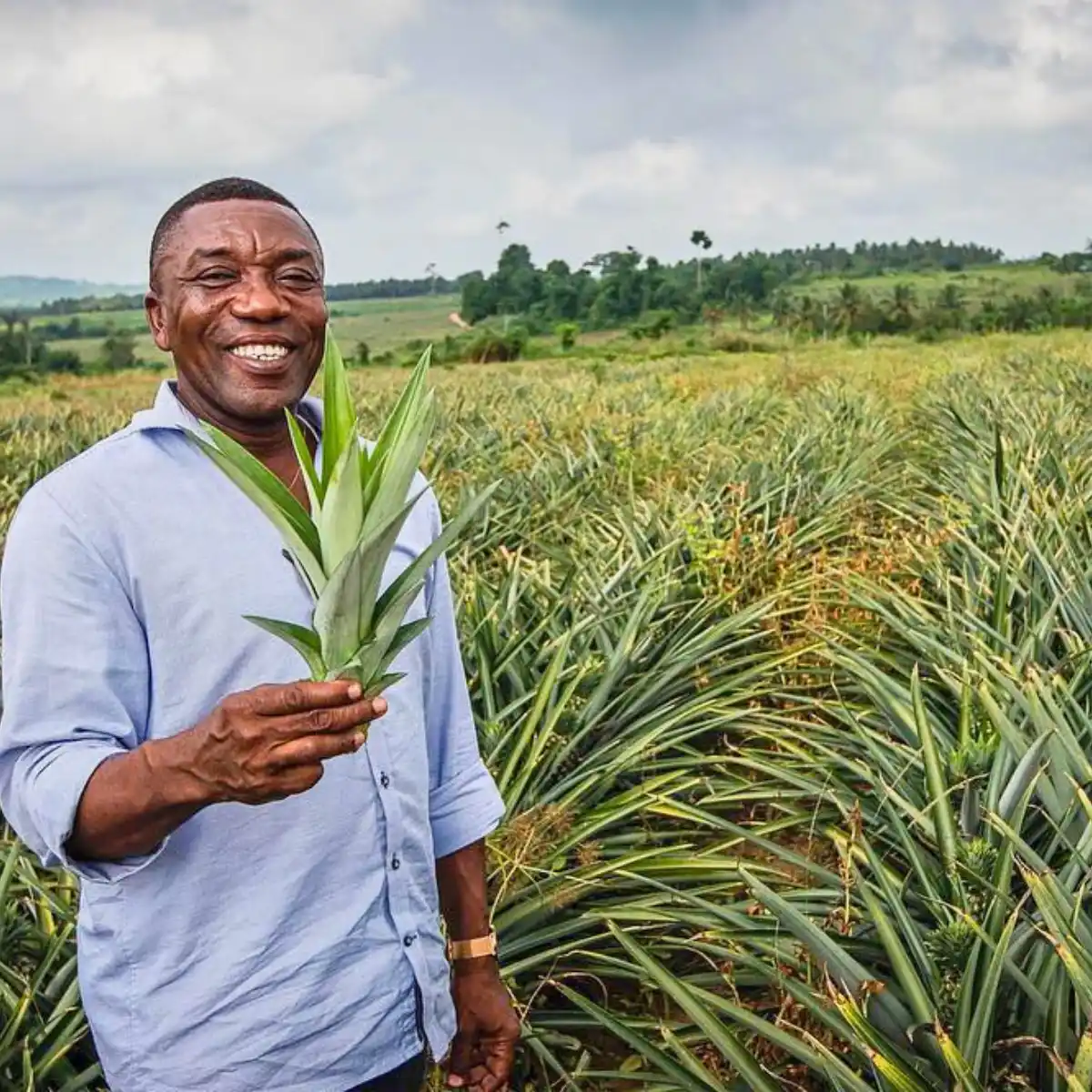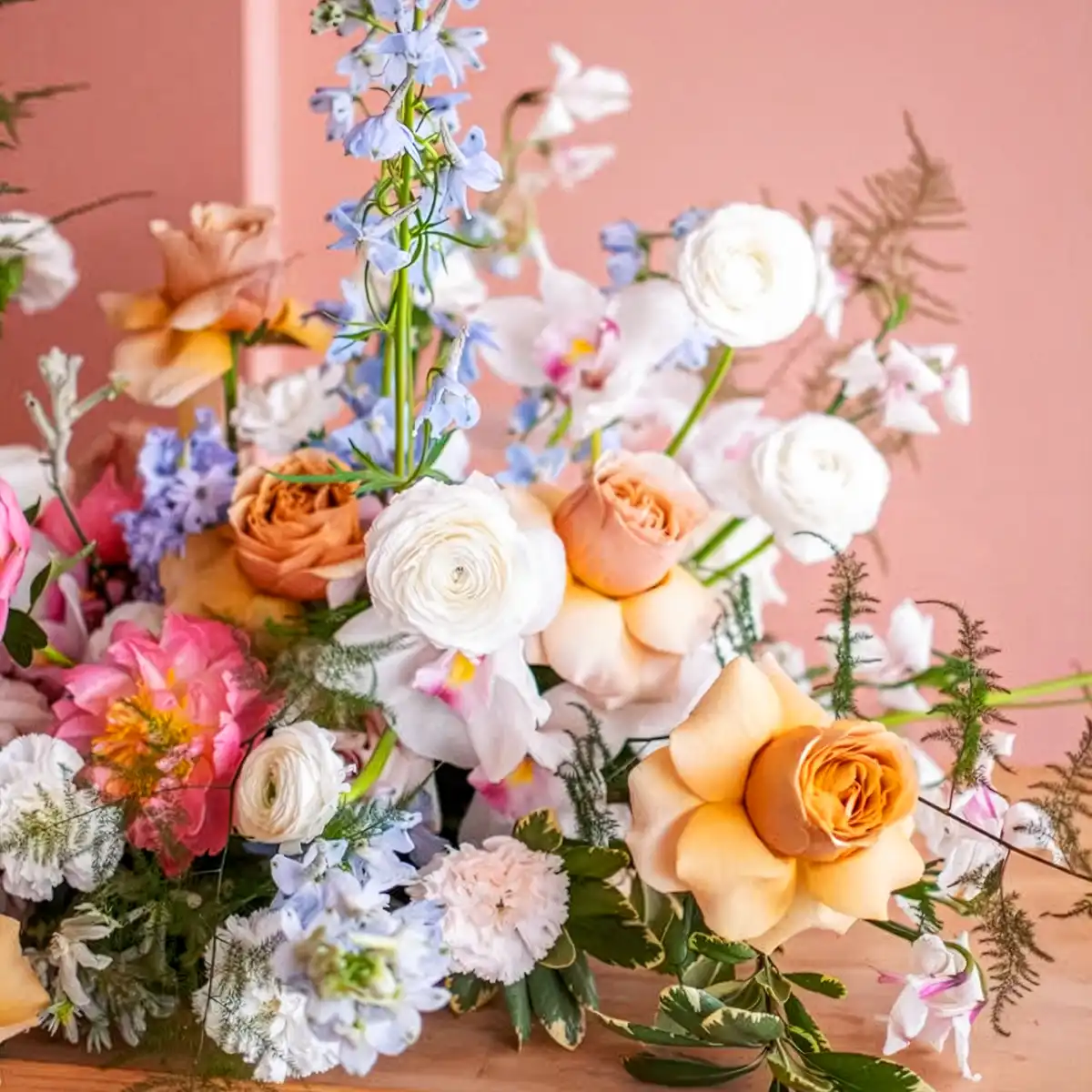Going into defense mode after the next rose-bashing article may be a natural response, which is what I see we do in the flower industry. In our defense, I often hear us say we’re not so bad; we mention all our certificates and sustainability initiatives. As an industry, we talk a lot about footprinting. We mention the progress that has been made. But what I hear is us saying it’s not so bad. It’s just a little bit bad. It’s like we are cramped. We do not speak from strength. But from weakness.
Our Communication as an Industry Is in a Serious Situation
Before the big flower days, it seemed to be a trend nowadays to trash-talk flowers, especially roses. While this might not be random -let’s avoid going into conspiracy theories. Here is a fact: Many Western institutions, such as governments, banks, NGOs, and other organizations, are pretty vocal about the negative aspects of the flower industry. For example, the Party for the Animals in the Netherlands published their party program with a clear headline of “no to PFAS, private jets, and floriculture.” The head of the Dutch Central Bank, Klaas Knot, has also publicly questioned the place of floriculture in Holland. Knot says:
“Greenhouse horticulture in general and floriculture in particular add little to the economy and would be better off disappearing from the Netherlands.”
When such influential people make these statements, they are well-considered and not accidental. The situation is grave as negative discourse about floriculture becomes more common, and mass media is following suit.
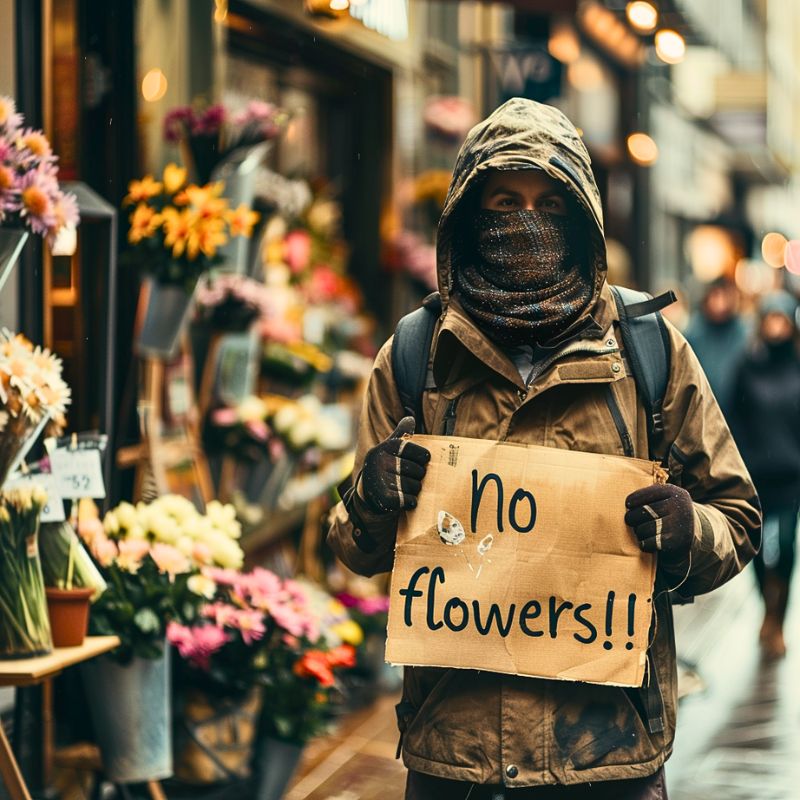
The Industry Response Is “FSI Compliant”
The industry responds by going into defense mode, highlighting continuous improvements and certifications. I see a perfect example of a development: Royal Flora Holland's initiative for all flowers and plants to be “FSI compliant” by 2026.
The term "FSI compliant" refers to meeting the standards set by the Floral Sustainability Initiative (FSI), which aims to promote sustainability within the floral industry. Compliance involves:
- Environmental Sustainability: Efficient use of water, soil health, reduction of pesticides, energy efficiency, and waste management.
- Social Responsibility: Fair labor practices, community engagement, and gender equality.
- Economic Viability: Fair trade, market access, and financial transparency.
When you ask AI what this means and why this initiative is gaining momentum, it says that:
“Buyers—wholesalers, retailers, e-commerce, and exporters—benefit from a transparent supply chain, accessing a diverse range of offerings to meet various needs and preferences.”
Now, this is interesting. Seeing who benefits from being FSI compliant helps us understand why and what is happening. The traders and wholesalers drive it. But is it a good thing for the growers, too? And for florists?
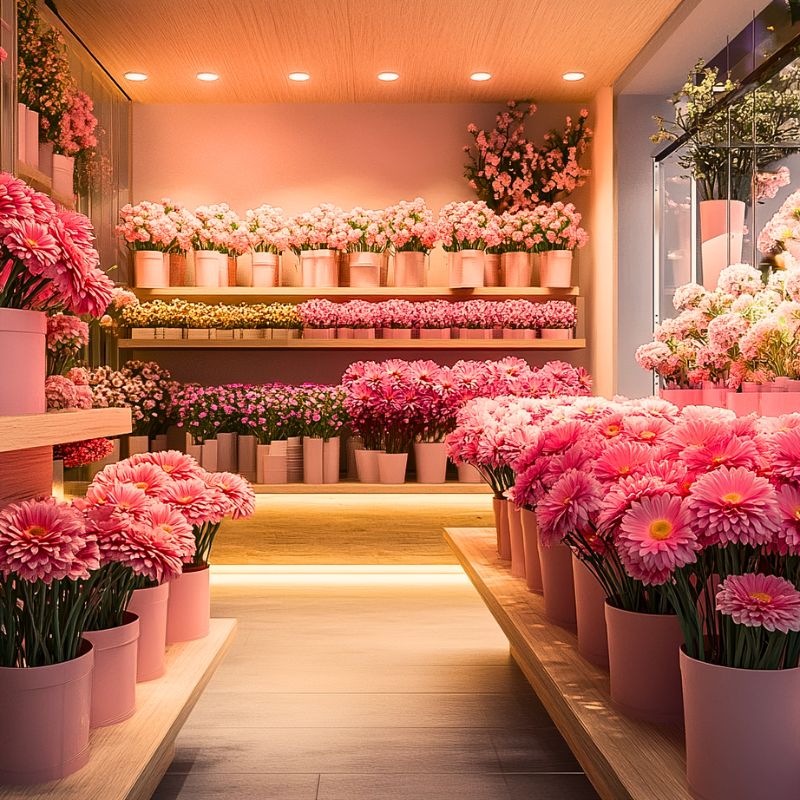
The Disadvantages Are Paramount
- One disadvantage is commoditization. Transparency often leads to standardization, where a focus on general compliance and uniformity may overshadow specific growers' unique qualities and sustainable practices. As a result, the diversity of flower varieties available to florists might decrease, limiting their creative options.
- A second is price pressure. With increased visibility, buyers might push for lower prices, using the information to negotiate harder. This can squeeze the margins of growers and breeders who invest in sustainable and high-quality practices.
- This push for lower prices and standardization might lead to a third disadvantage: a compromise in quality, which could affect the final product that florists offer their customers.
- The fourth is the loss of unique selling points; growers with unique selling points, such as specific sustainable practices or social initiatives, might find it harder to distinguish themselves in a system focused on broad compliance metrics.
For instance, Red Lands Roses from Kenya has an initiative where Maasai women offer bracelets to raise awareness about the adverse effects of genital mutilation. Such unique and impactful initiatives might get overshadowed in a rigid scoring system that reduces the value of flowers and plants to mere footprints.

Advocating for Growers and Florists
It is essential to advocate for a balance between transparency and recognition of growers' and breeders' unique contributions to support the broader value chain. This new “FSI compliant” system might prevent us from highlighting unique practices like the bracelets from Red Lands Roses.
How do we safeguard the importance of highlighting such specific practices while maintaining the variety and quality in the floral industry? We must ensure florists have access to a wide range of high-quality products that meet diverse consumer needs. I do not see how being ‘FSI compliant’ helps in any way to safeguard this.

FSI compliance probably means a new normal, but the challenge is that end consumers must be educated about the benefits of sustainable and ethical floriculture. We must create demand for flowers and plants that go beyond mere compliance.
Here lies the opportunity for the flower industry to be more proactive and talk from strength instead of weakness. Instead of excuses for not being good enough, we should speak out these talking points and repeat them endlessly IMHO:
- Floriculture is an industry in which the products benefit people’s health. --> Flowers and plants are good for people.
- Floriculture is an industry that actively supports biodiversity. Everyone can grow various plants and flowers in their homes and gardens.
- Because of the flower industry, many people worldwide benefit economically and socially. Many HR developments are in place worldwide to empower women, schoolchildren, and communities.
- The floriculture industry is leading globally in its sustainability efforts and is proactively aware of and minimizes its footprints. Because producers are very aligned with how flowers and plants grow, they care about nature. No one ‘likes’ to use pesticides.
Editors note: This article was first published in the BFA magazine in July 2024.

